The dangers of alcohol abuse during the teenage years are well documented. Alcohol use has links to memory loss and deterioration of parts of the brain; in teens, the risk of alcoholism is unique. Since teen brains are still developing, they sustain serious damage that can be irreversible. To mitigate the risk of permanent damage, parents of a teen struggling with an alcohol dependency should look into an adolescent alcohol detox program as soon as possible.
Teenage Alcohol Abuse Statistics
The Centers for Disease Control and Prevention (CDC) notes that alcohol is the most common drug of abuse in youth in the United States. Though the consumption of alcohol is illegal for those under the age of 21, youth aged 12 to 20 drink 11% of all alcohol consumed in the United States. Teenagers are more likely to engage in episodes of binge drinking compared to adults, and 1/3 of all high school seniors reported a past 30-day drinking episode in the 2017 Youth Behavior Risk Surveillance System (YBRSS).
Early exposure to alcohol can have a demonstrable effect on a teen’s social life and future. In general, alcohol use in adolescence can lead to:
- Academic performance issues, such as more missed school or failing grades
- Legal issues, such as DUI, OWI, or crimes committed while under the influence
- Unwanted or unplanned sexual activity
- Social issues, such as a lack of interest in activities once enjoyed
- Disruptions in normal development, including the brain
- Increased risk for hangovers and other illnesses
Additionally, research links the early onset of drinking with an increased risk of the development of an alcohol use disorder. The risk is highest for those who binge drink, and those who develop an alcohol use disorder may require supervised alcohol detox and withdrawal.
The Effects of Alcohol on the Teenage Brain
Adolescent alcohol use can have a myriad of negative side effects, but one of the most concerning is the effect the substance can have on normal brain development. Alcohol interrupts communication between the nerve cells in the brain and those in the rest of the body. The primary active ingredient in alcohol, ethanol, suppresses the activities of nerve pathways, which is what makes an intoxicated person appear lethargic, sluggish, or slow. In developing brains, the risk of permanent damage is much higher.
In particular, two areas of the developing brain are vulnerable to damage during episodes of teenage drinking: the hippocampus and the prefrontal cortex.

The Hippocampus
A component of a major brain system called the limbic system, the hippocampus plays a vital role in memory, learning, and emotional regulation. Research on adolescent drinking shows that extended alcohol use is linked to a 10% reduction in the size of the hippocampus itself. During this crucial stage of development, the hippocampus is especially vulnerable to damage, such that alcohol may poison the nerve cells themselves. Permanent damage to the hippocampus can affect the ability to recall information in an academic setting or even related to future job performance.
The Prefrontal Cortex
In general, the brain develops from back to front. In infancy, newborns are limited to seeing a short distance as their occipital lobe develops. By the time a child has reached adolescence, much of the rear portions of the brain are fully developed; however, the prefrontal cortex is still evolving and research shows that it goes through the most change during adolescence. The prefrontal cortex plays an important role in judgment, planning, impulse control, and decision-making.
Young adults who drink heavily have smaller prefrontal cortexes than those of the same age who don’t drink. Additionally, alcohol can disrupt the physical changes the teenage brain undergoes during this stage of development, leading to a decrease in cognitive function and reduced ability to problem solve.
The Effects of Brain Damage on Development
Unfortunately, the changes that the brain undergoes after exposure to alcohol in adolescence can be permanent. Teens who drink heavily in adolescence may experience structural changes to the brain that impair the ability to make calculated decisions, regulate emotions, form and recall memories, and absorb and apply information. The implications of these changes are wide ranging and expand well beyond the bounds of academic performance. Teenagers who drink heavily are at higher risk for alcohol and other substance use disorders, as well as increased risk for vehicular crashes and other injuries related to alcohol use.
Adolescence and Alcohol Use Disorder
Several factors may affect teen alcohol use. First, research shows us that teens gravitate to risky behaviors such as drinking as a form of “novelty seeking.” At this point in their development, teens often seek new experiences to test boundaries in preparation for “leaving the nest.” Secondly, peer pressure often leads teenagers to take the first drink, especially in the age of social media “challenges.” While a little “experimentation” may seem harmless, even small amounts of alcohol over adolescence can increase a teen’s likelihood of developing an alcohol use disorder.
If your teen is using alcohol to excess, it is unlikely that they will volunteer this information to you. However, teenage alcoholism has some telltale signs:
- Trouble getting up in the morning to get ready for school, more so than usual
- Concealing school absences
- Sudden, drastic changes in behavior or grades
- Persistent moodiness, unhappiness, or lack of interest in social activity
- Withdrawal from an extracurricular activity
Alcohol use disorders can be difficult for parents to pinpoint, because, at first glance, these symptoms could just be parts of being a teenager. However, most parents know intuitively when there is a larger problem. Dealing with a teen drug addiction is never easy, but with appropriate intervention, you can minimize the damage and get your child on the road to recovery.
Does Your Child Show Signs of An Alcohol Use Disorder?
If you suspect that your child is struggling with an alcohol problem, the best thing you can do is address the problem right away. Here are some tips for parents of children suffering from drug abuse:
- Confront the problem. When approaching a teen about a potential substance use disorder, it’s important to use the right method. Teens are more likely to be combative or resist the idea that their drinking may be problematic. Learn the specifics about holding an intervention.
- Be nonjudgmental. Parents may ask questions out of concern for their child, but the teen may hear a critical tone. It’s important to frame questions and conversations in a neutral, non-threatening manner.
- Communicate empathy and compassion. Your teen should know that you understand how difficult this stage in development can be. Let them know that everyone struggles sometimes, but substances, such as alcohol, are not a healthy way to deal with the problems inherent in this stage of life. When your child feels they can trust you, they are more likely to open up.
Teenagers are vulnerable to permanent brain damage as a result of drinking in adolescence. Unfortunately, the damage to the structures can be permanent, so it’s essential to address the behavior as soon as possible. By intervening as soon as a problem arises, parents can help their teens reach their full potential.







